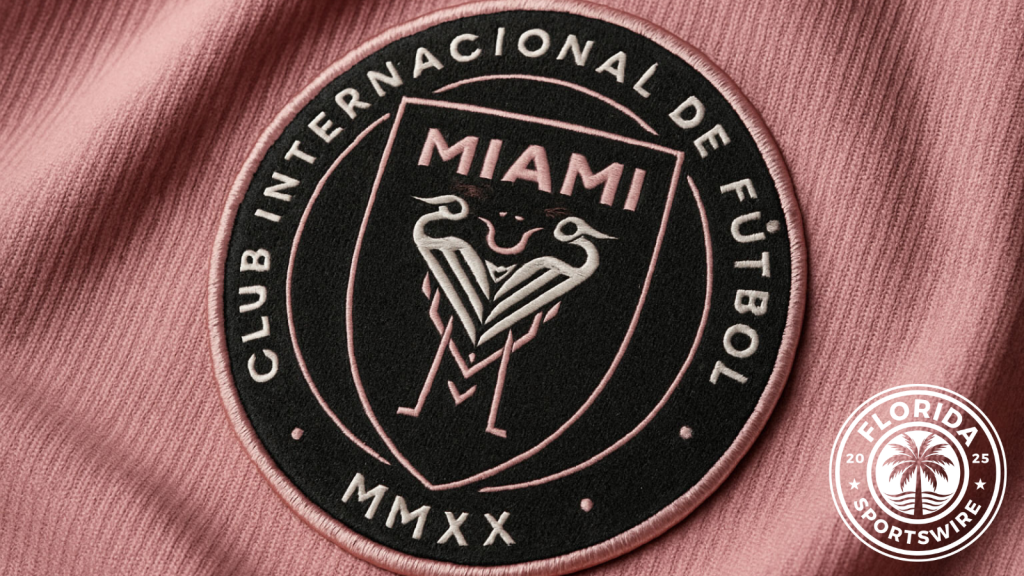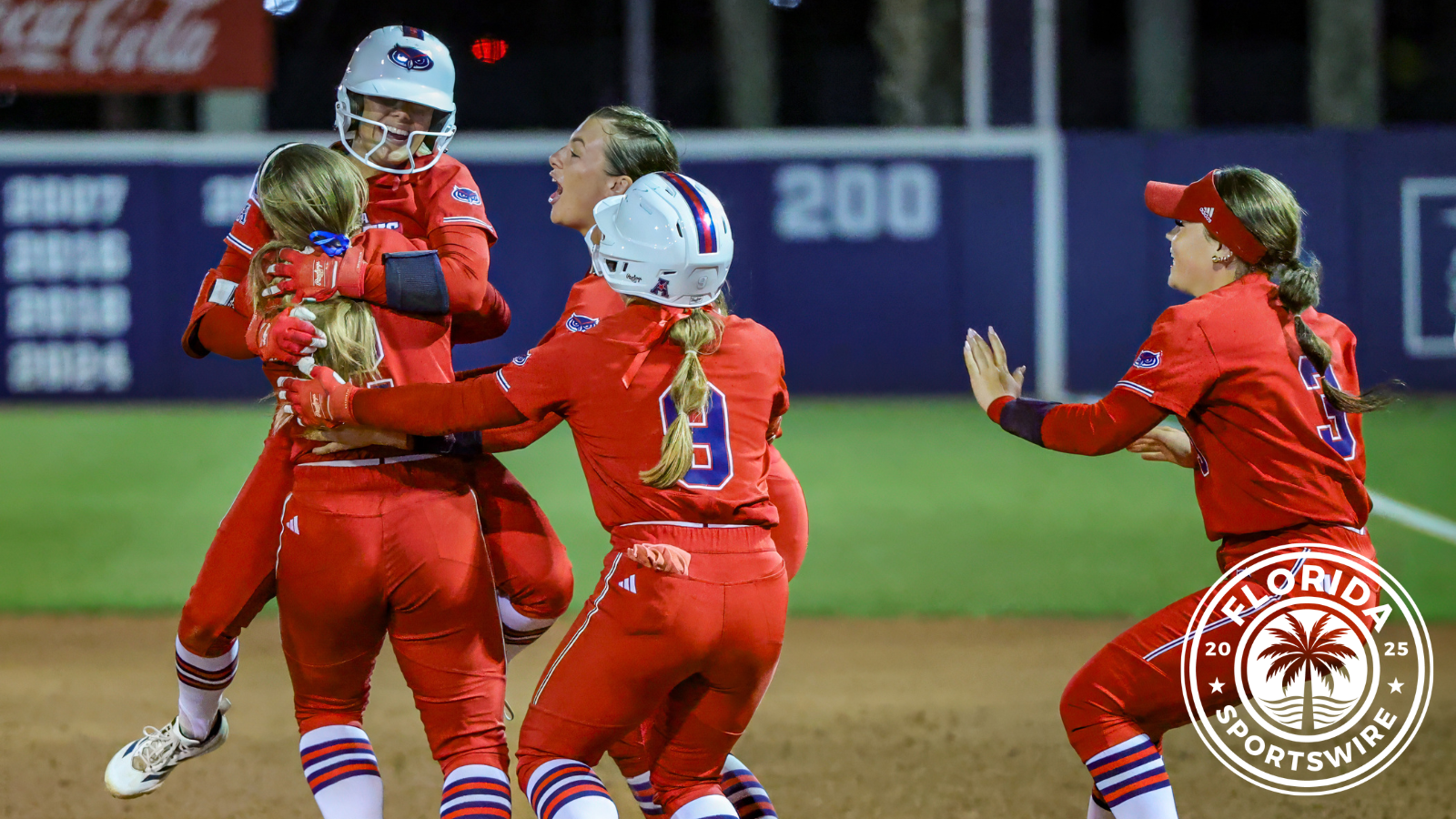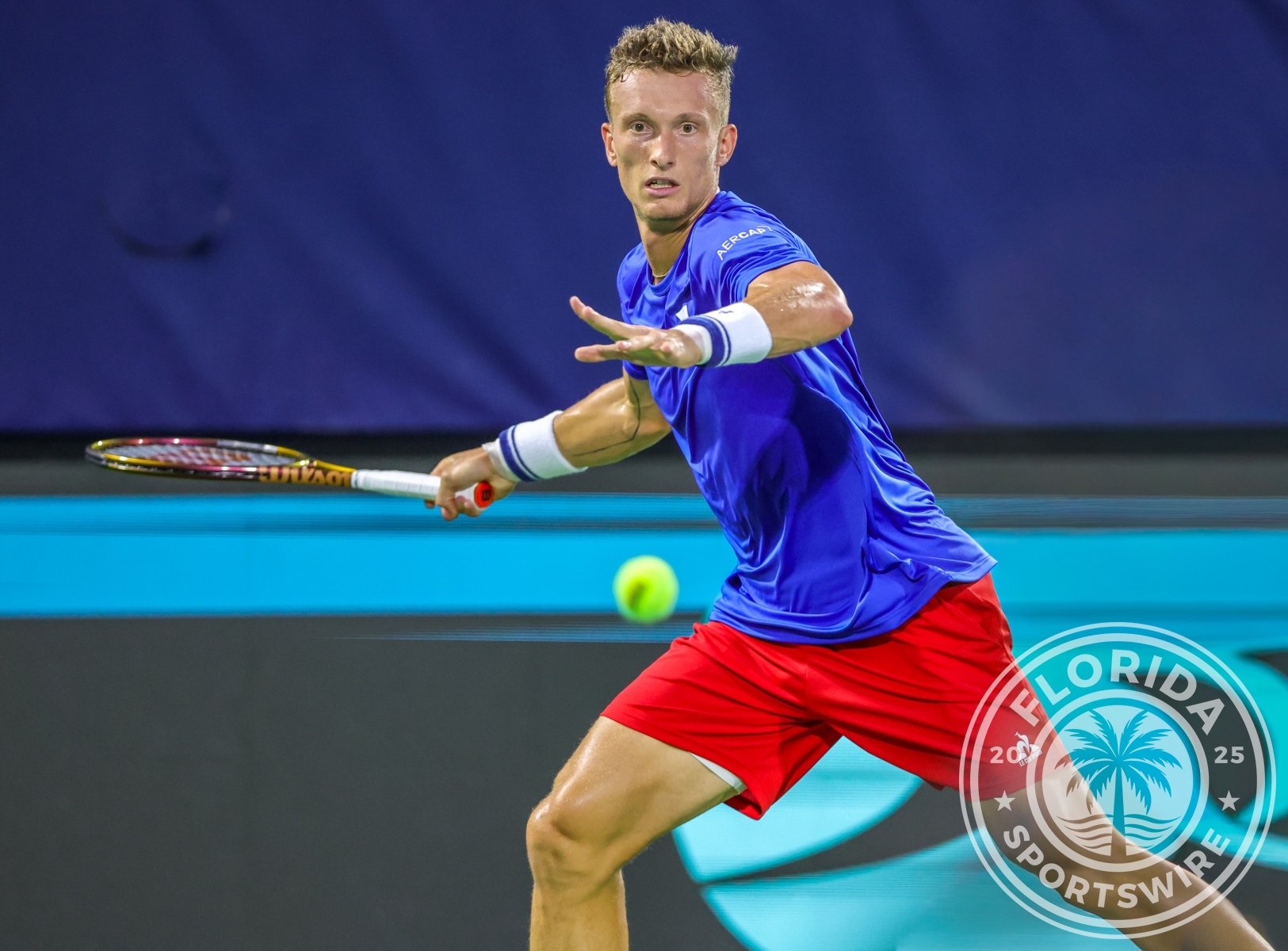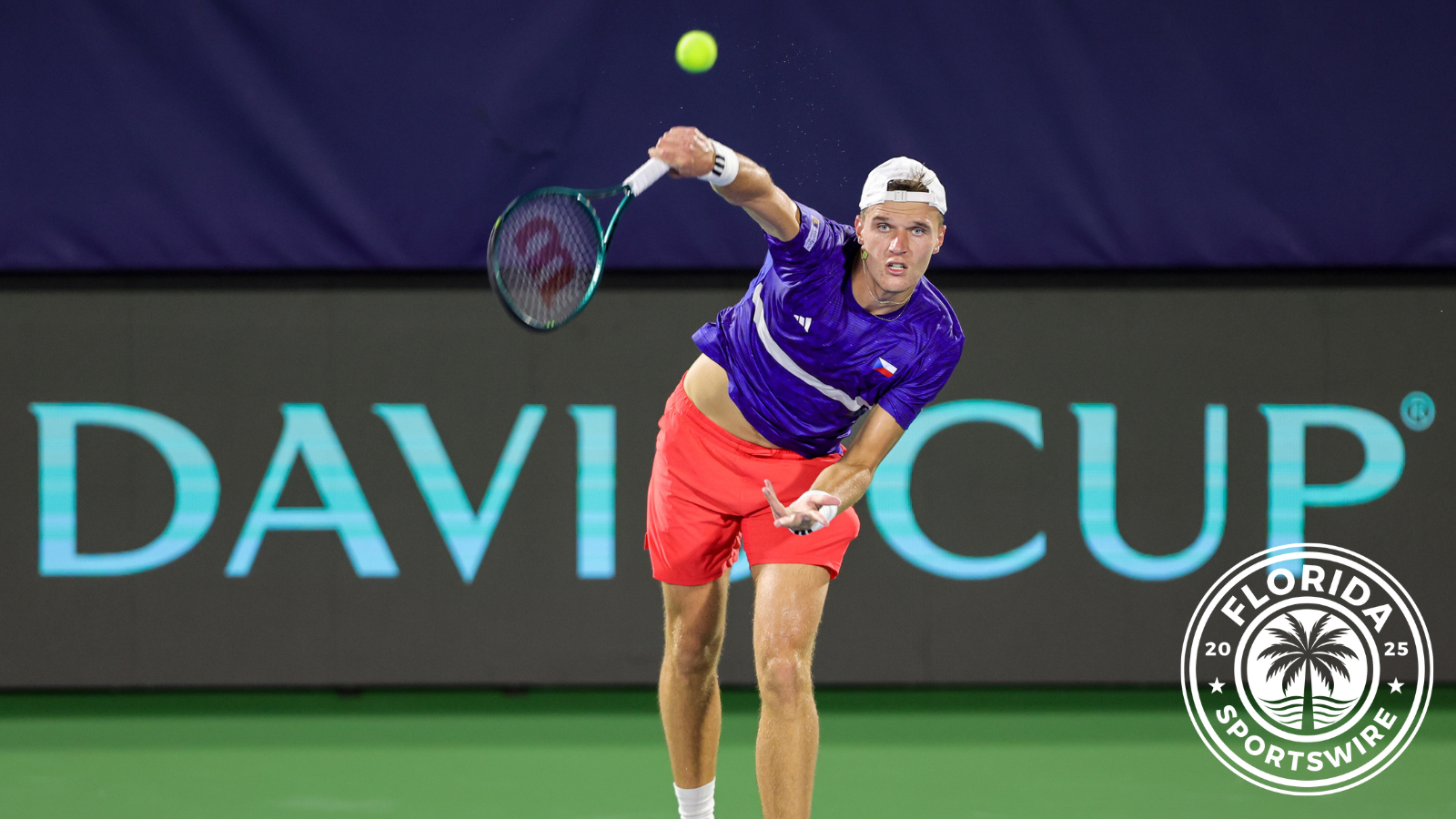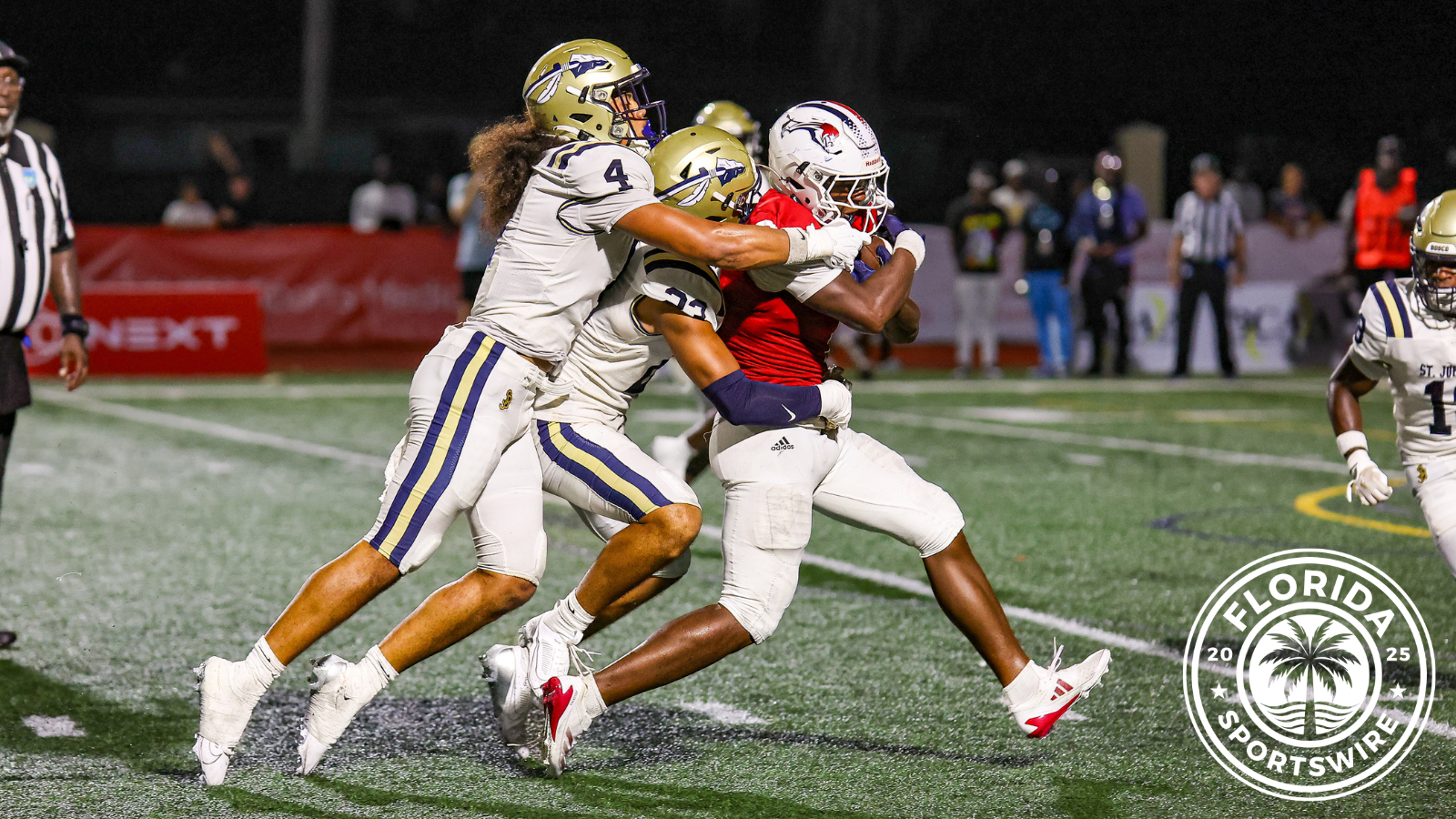Lionel Messi’s presence in Miami has transformed the city into America’s premier soccer hub, a shift underscored by record-breaking crowds, growing buzz around Inter Miami, and the spotlight on Florida as a gateway for the sport’s future, according to reports from BBC Sport and Reuters.
Messi’s arrival in July 2023 via a free transfer from Paris Saint-Germain ignited what has been widely characterized as “Messi mania,” elevating Inter Miami from expansion franchise to global sensation. The club’s recent Club World Cup match against Egypt’s Al‑Ahly at Hard Rock Stadium saw a sellout crowd of more than 60,000 fans.
Behind this surge lies both homegrown enthusiasm and international fandom. South American supporters, especially for teams like Boca Juniors and Real Madrid, have turned Miami Beach into fan camps ahead of games, creating scenes reminiscent of carnival culture. The city’s proximity to South America, coupled with its cultural diversity, has positioned it as a natural home for football’s growing U.S. presence.
Messi’s influence extends well beyond attendance. BBC Sport reporter Guillem Balagué noted Miami’s rapidly shifting soccer landscape: from the signing of celebrity players like Sergio Busquets, Jordi Alba, Luis Suárez, and Messi himself, to drawing global investment, fans, and media attention. MLS experienced soaring viewership, jersey sales, and a cultural shift at stadiums, often compared to “religious revivals” in audience fervor.
This phenomenon has spurred broader development in Florida: FIFA and CONCACAF have set roots in the Miami area, with Miami Freedom Park—a modern 25,000-seat, soccer-specific stadium—scheduled to open in 2026. Governor Ron DeSantis also announced an $8 million infrastructure investment to support the surrounding area.
On the pitch, Messi’s impact has transformed Inter Miami’s trajectory. After captaining the side to its first trophy—the 2023 Leagues Cup—he led the team to a record-breaking 2024 season, securing both the Supporters’ Shield and a berth in the Club World Cup. Miami’s prized player also inspired a 74‑point regular‑season campaign in 2024—the best in league history.
However, the current Club World Cup has revealed growing pains. While Messi’s Inter Miami and teams like PSG have drawn strong attendance, disparities persist—Bayern Munich thrashed Auckland City 10–0, highlighting gaps in global club competitiveness. Still, Miami’s portion of the expanded tournament has been deemed a success, generating massive attention.
For Floridians, many unaccustomed to global soccer events, the buzz has been eye-opening. With the 2026 FIFA World Cup approaching—co-hosted by the U.S.—players like Messi and Beckham-linked infrastructure projects are reshaping perceptions. Beckham, Inter Miami’s co-owner, credited Sir Alex Ferguson’s advice to build strong academies over marquee signings alone; Messi’s arrival and legacy now stand to inspire future American talent.
Messi’s presence in Miami has done more than entertain: it has embedded the sport culturally, economically, and architecturally in Florida. From sold‑out stands to new stadium blueprints and global spotlighting, Miami has emerged not simply as a host city but as a burgeoning center for soccer in the United States. The question now for the city and the sport is whether this momentum can be sustained beyond Messi and into a lasting legacy.

